
Close

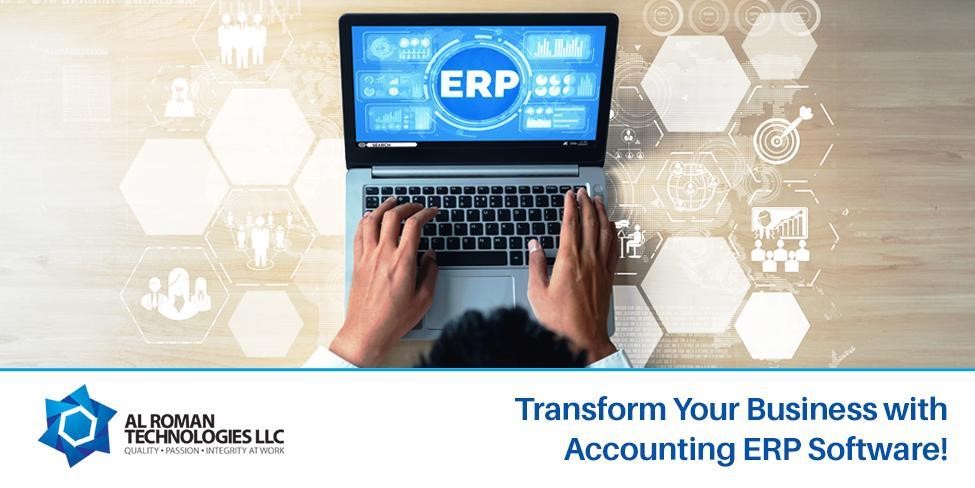
Businesses require precision and agility in their financial practices to remain competitive; outdated financial systems no longer meet this need. Managing finances across departments, tracking expenses, and complying with regulations requires more than simple accounting tools alone. Accounting ERP software is essential in improving how businesses function by seamlessly combining financial management with other important business processes for enhanced visibility, efficiency, and control.
As small and midsize enterprises (SMEs) strive to scale and adapt to market needs, accounting ERP software should become a necessary element of business operations. This powerful solution empowers SMEs with automation capabilities for mundane tasks, error reduction measures, and access to real-time data, turning financial management into an asset for growth and profit maximisation.
Accounting ERP (Enterprise Resource Planning) software provides an enterprise resource planning (ERP) solution that unifies accounting functions with other core business processes into one integrated platform. While traditional accounting software primarily tracks financial transactions, ERP offers a more holistic solution by focusing on operational functions including procurement, order processing, inventory management, warehouse operations, expense management etc all integrated to the core finance & accounting in one platform. In addition to this HR Management, Customer Relationship Management (CRM), Manufacturing etc could also be opted based on individual company and industry requirement.
Accounting ERP software’s main advantage lies in its real-time capabilities for providing business leaders with real-time insights into a company’s finances, empowering them to make informed decisions using current information rather than outdated reports. Integration also leads to enhanced workflow efficiency, decreased operational costs, and better resource allocation.
Accounting ERP software can serve SMEs in particular as more than an accounting tool: It’s an asset that supports growth, scalability, and long-term success by aligning financial management with overall business strategies.
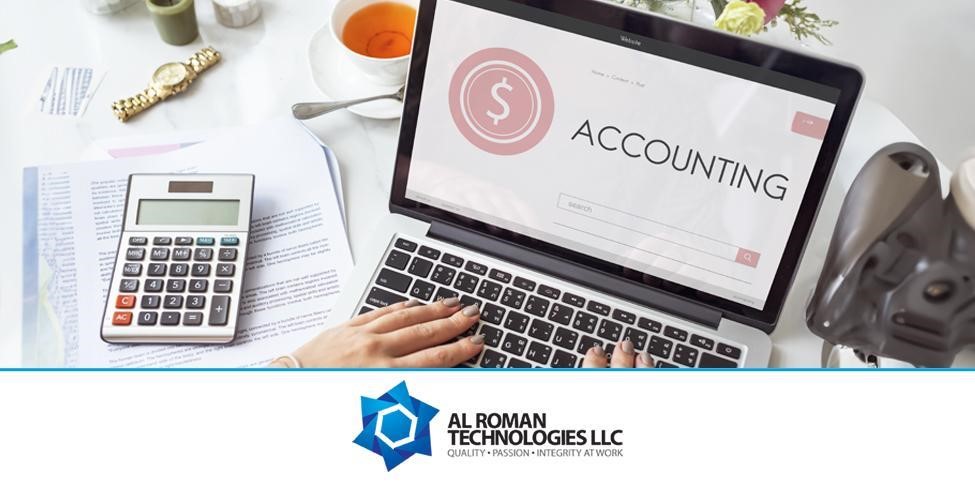
Traditional accounting software typically serves only to manage financial transactions and create standard reports. It often acts as a standalone tool, usually necessitating manual data entry as well as separate systems for handling other aspects of a business-like procurement, inventory, payroll, or customer relationships – creating siloed processes that lead to inefficiencies, errors, and an overall lack of visibility into the overall health of an enterprise.
Accounting ERP software integrates accounting functions with other aspects of business operations, including inventory and supply chain management, human resources administration, and customer relationship management (CRM). This creates a unified system in which information flows seamlessly across departments without manual data entry or errors being committed by staff, creating an improved and more cohesive business operation where financial data can instantly be updated company wide.
An additional key difference lies in real-time data access. Traditional accounting software requires periodic updates, leaving decision-makers vulnerable to outdated information. Accounting ERP software enables businesses to make more informed decisions quickly thanks to real-time financial insights delivered instantly, making the ERP solution ideal in today’s fast-paced business environments, which rely heavily on agility and accurate information for success.
Accounting ERP software delivers numerous advantages by seamlessly unifying financial management with other essential business functions on one unified platform, leading to significant enhancements in accuracy, efficiency, and decision-making abilities.
ERP software’s main benefit lies in enhanced accuracy. By consolidating financial data across departments and eliminating risks associated with manual data entry or disparate systems, ERP ensures reliable reports with up-to-date insights into a company’s finances for decision-makers.
ERP systems offer another advantage by streamlining processes. By automating mundane but essential activities like invoicing, payroll processing, and financial reporting – which would otherwise require manual effort – ERPs streamline these activities significantly, decrease administrative overhead, and improve consistency and efficiency within financial processes. By eliminating manual entry altogether and automating workflows more smoothly, businesses are better able to allocate their resources more effectively and operate more smoothly.
Accounting ERP software enhances financial control and accuracy by automating essential accounting tasks and unifying financial data across all business functions. This streamlines accounting tasks and ensures accurate financial reporting while giving real-time updates on financial performance.
By centralising all data in one system, businesses can maintain precise control over their finances while tracking budgets more closely as well as making informed decisions based on accurate, up-to-date information – leading to more robust analytic capabilities and a stronger foundation for strategic planning.
Accounting ERP software enhances decision-making by offering real-time access to comprehensive financial data. This real-time access allows businesses to quickly analyse performance, identify trends, and adjust strategies as necessary.
With its integrated dashboards and detailed reports, decision-makers are empowered with accurate, up-to-date financial insights for making informed decisions. This enables business responsiveness and strategic planning aimed at operational efficiencies all made possible by reliable insight into your finances.
Accounting ERP software significantly boosts cost efficiency and return on investment (ROI) by automating routine tasks and unifying various business functions. Automation significantly reduces manual data entry requirements, errors, administrative overhead costs, and administrative workload.
ERP software helps businesses reduce operational costs while increasing productivity while streamlining processes across departments – accounting, inventory control, and human resources among them – using one streamlined platform. It helps streamline all these functions simultaneously for maximum cost reduction while increasing output and productivity.
Scalability ensures that the solution adds value when your company expands without having to go for costly upgrades. This way it helps for significant cost savings, efficiency gains and considerable ROI over the long term.
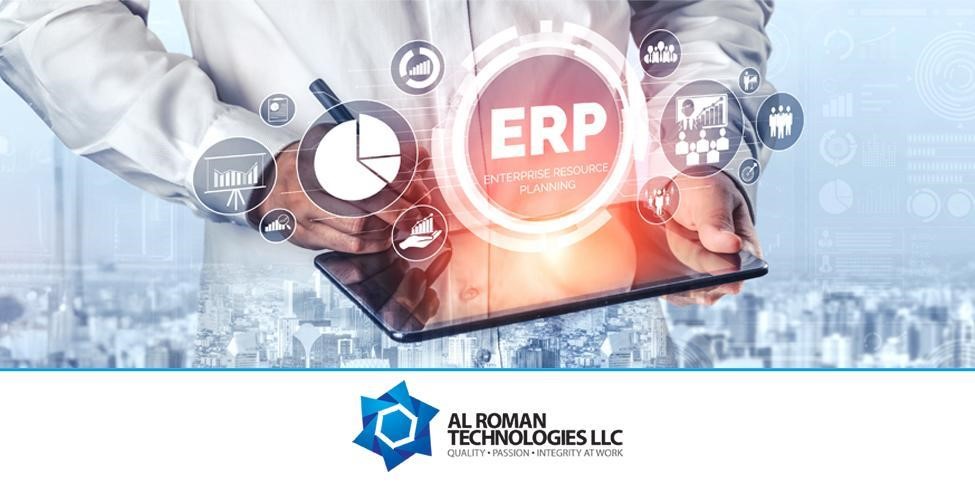
Selecting an Enterprise Resource Planning (ERP) software solution that aligns with your business goals can significantly impact its efficiency and financial management. There is a wide variety of products on offer; thus, when making this important choice, it’s essential that all considerations be carefully taken to select a solution that truly aligns with them all.
First of all, it’s essential that you gain an in-depth knowledge of your business requirements. Start by identifying which accounting functions need streamlining – invoicing, payroll, or financial reporting, for instance – then assess current challenges and pain points to see where automation and integration could offer maximum impact – this knowledge will allow you to select an apt solution that meets all of your specific requirements and goals such as:
The scalability of ERP software is another essential feature for your business. Your ERP should grow with your business by accommodating increased transaction volumes, new users, and expanding functionalities without incurring significant additional costs. A scalable system ensures that its effectiveness and efficiency remains superior even when business grows and requirements enlarge over time.
User-friendliness is integral for successful ERP implementation. A system with complex or challenging navigation can lead to resistance from team members and decrease adoption, so choose software with an intuitive user interface, customizable dashboards, and robust training and support resources for optimal experience and effective utilisation.
Researching your vendor and ERP support services offered by them is also of utmost importance for successful ERP implementation. Ensure you read customer reviews, case studies, and testimonials to understand other businesses’ experiences working with that ERP vendor. Likewise, reliable vendor support such as training sessions, troubleshooting assistance, and updates must also be present for a successful ERP roll out.
Before making a final decision on an ERP software system, request a demo or trial of its capabilities. Doing this allows you to assess its functionality, user interface, and overall suitability to your business needs and expectations. Get involved with your team to gather their input so they feel more engaged during this trial phase and ensure it fulfils everyone’s requirements and expectations.
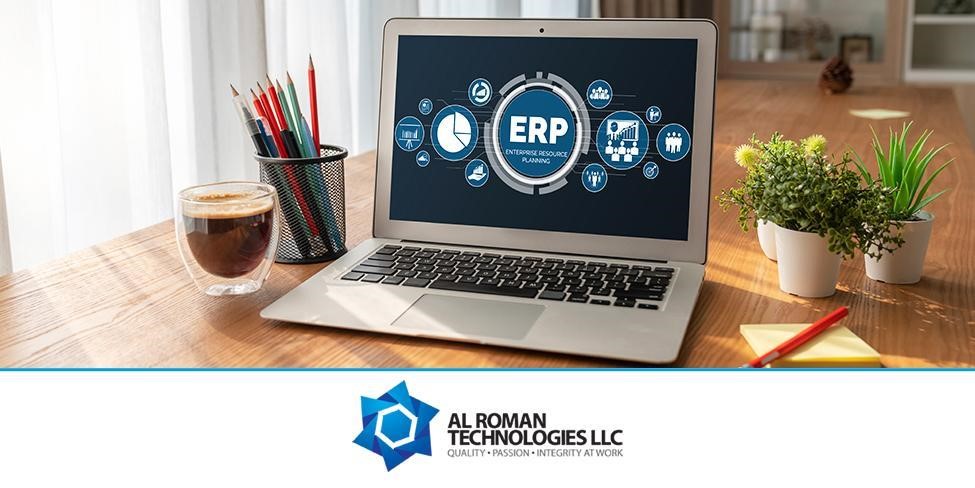
These are the factors you must consider while selecting an ERP software:
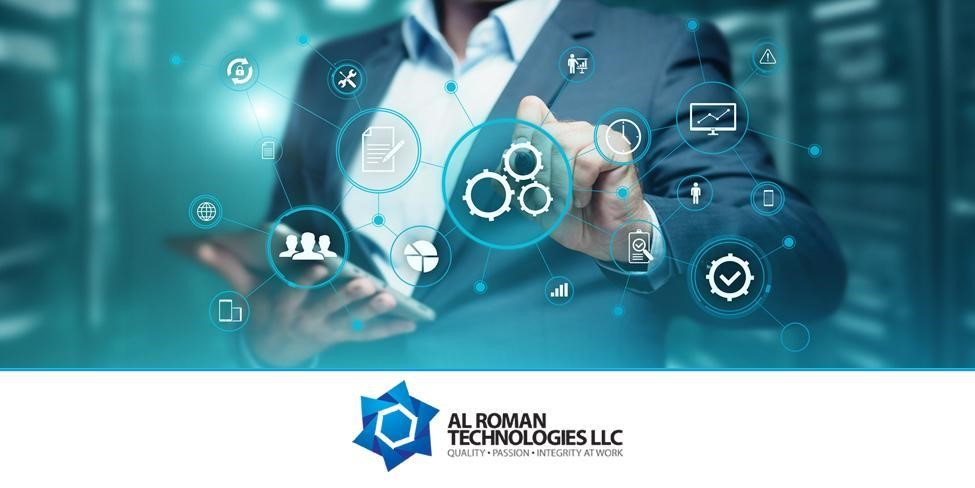
Implementing accounting ERP (Enterprise Resource Planning) software is a complex and lengthy process that needs careful thought, preparation, and execution in order to deliver maximum value and meet business needs. Here’s a step-by-step guide that can assist with this endeavour:
Implementation of accounting ERP software begins with careful planning. Start by convening a project team of key representatives from finance, IT, and operations departments. This team should help define project scope objectives and requirements and conduct needs assessments to ascertain which features/functionalities may help to address specific business challenges.
Create a comprehensive project plan outlining the timeline, budget, and resources needed for the implementation of this initiative. Your plan should also outline milestones, deliverables, and any risk management strategies required if problems arise during its execution.
Selecting an ERP software solution that best meets your business requirements, budget constraints, and scaling needs can ensure a successful ERP implementation process. Consider factors like system features, integration capacities, user-friendliness, and vendor ERP support as part of this evaluation process.
Request demonstrations and trials from potential ERP vendors to evaluate how closely their solutions align with your requirements, consult with project team members for feedback and then make an informed decision about which software solution you prefer. When finalised, create a partnership agreement between yourself and the ERP vendor for continued support and ERP training services.
Data migration involves moving existing financial data from legacy systems into your new ERP software system, ensuring accuracy of the data. Begin this process by auditing and cleaning your data to correct inconsistencies or errors before creating a data migration plan that details all steps and tools necessary for its transfer.
Integrating other business systems, like CRM or inventory management systems, with ERP is also of utmost importance. Make sure your ERP software can integrate smoothly with these programs to give a single view of business operations; test its integration thoroughly for accuracy before going live with it.
Customization and configuration of ERP software are critical in tailoring it to the business processes that define your industry. Consult with your ERP vendor to define financial reports, workflows, and user roles according to your specific needs; further customization could include adding modules or producing reports explicitly customised for you and altering features or adding features as desired.
Testing your configuration to verify it meets all requirements is key to making sure it fulfils daily tasks efficiently and smoothly. Involve end-users as much as possible during this stage to gather feedback and ensure their daily tasks will be fully supported by your system.
Practical training and change management are critical to seamlessly implementing an ERP system. Plan an extensive training program for users featuring tutorials, workshops, and hands-on practice; ensure employees understand how the new system will impact them directly in their roles – this way, an ERP support won’t result in disruption and employee disorientation!
Implement a change management strategy to address any resistance to the new ERP software system. Communicate its benefits, provide support, and invite feedback to facilitate an easy transition period. Furthermore, address any concerns promptly to maintain efficiency and productivity levels in your office.
Before launch, conduct rigorous ERP system tests to detect and resolve any potential issues with it. Functional tests should verify all features work as intended, while user acceptance tests ensure they fulfil user needs and address any bugs or issues found during this phase.
Once testing is completed, prepare to go live. Work closely with both your ERP project team and vendor to ensure a seamless transition, monitoring the system closely during its first week as a live system and ensuring post-implementation support if any issues arise in the post-go-live period.
Once your ERP system has gone live, conduct a post-implementation review to assess its success and pinpoint areas for improvement. Gather feedback from users, evaluate system performance, and assess any effect on business operations.
Provide ongoing ERP support and maintenance of the accounting ERP software you’ve selected so that it continues to meet your needs. Update software regularly, address any issues quickly, and offer any ERP training as needed. Doing this will allow you to maximise its advantages for long-term success and reap its many rewards.
As modern businesses evolve, accurate and agile financial management is indispensable for survival in an unpredictable business world. Legacy systems simply cannot keep up with the complex demands of modern operations. Choose an appropriate Accounting ERP Software which will revolutionise financial management by seamlessly integrating accounting functions with core business processes for improved visibility, efficiency, and control of operations.
